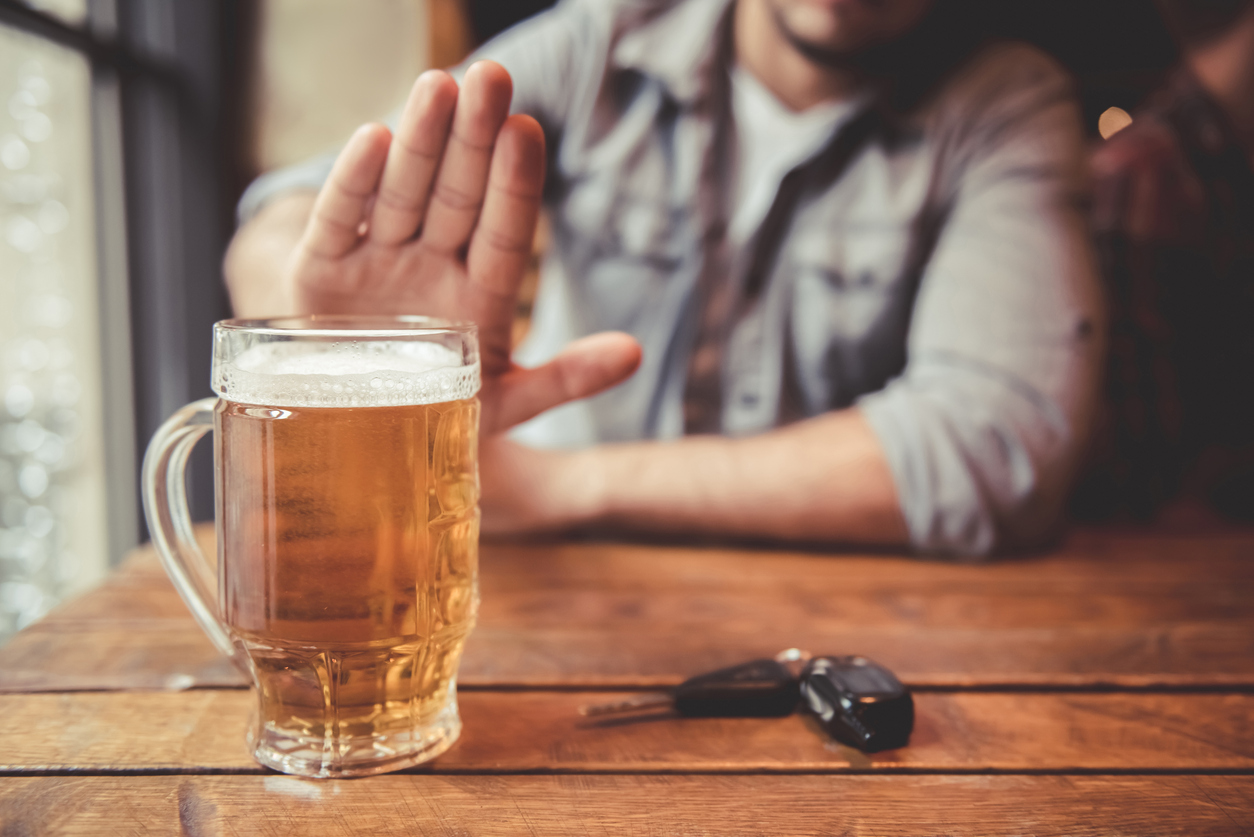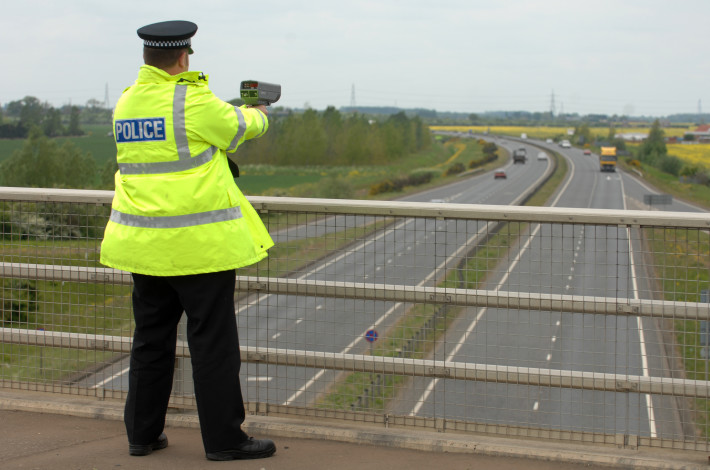Convictions
What happens if I’m Convicted of a Criminal Offence?
Sometimes, a court may impose a criminal conviction on an offender. Other times it won’t. If you’ve been charged with a criminal or traffic offence, it’s worth understanding how a conviction works and how it may affect you.
The sentencing process
If a person pleads guilty to an offence, or if they are found guilty after their case has gone to trial, a court must then decide on a penalty or sentence.
For first time offenders, a court will often impose fines, community service or good behaviour bonds. But for offenders who have been charged with second or subsequent offences, there can be more serious consequences.
What is a criminal conviction?
A criminal conviction for an offence is a permanent record of the offence.
It will appear on police checks and security clearances. It may also have far-reaching consequences, for example, losing your job.
Is a court required to convict?
The law says that a court has discretion to record a criminal conviction, or to impose a penalty without recording a conviction. This means that it can choose whether to convict. However, even if a court decides not to record a conviction, there will still be a formal record that the offender was found guilty of (or pleaded guilty to) the criminal offence.
What do I need to disclose?
In cases where no criminal conviction has been recorded, sometimes a person is required to disclose that they have been found guilty of a criminal offence, but this depends on the circumstances.
Some employers will only ask whether the person has any criminal convictions and will require a police clearance detailing this information. If a court has imposed a penalty without recording a conviction then the person can say that they don’t have a criminal conviction.
Other types of employment will require a person to disclose that they were charged with, or found guilty of, a criminal offence regardless of the penalty imposed.
How will a conviction affect me?
A criminal conviction, and even a finding of guilt where no conviction has been recorded, may impact your employment and ability to hold or renew any licences, for example a security licence.
You may also be unable to travel to certain countries and be unable to secure certain types of insurance.
A criminal conviction lasts forever. However, in some limited circumstances the law will prevent disclosure of a conviction if the offence is at least ten years old.
A criminal conviction is a big deal, no matter how serious the offence. It can have life-long consequences and restrict you in ways that you may have never contemplated. That’s why you should consult an experienced criminal or traffic lawyer to assist you in securing the best possible outcome.
Websters Lawyers has an outstanding team of criminal and traffic lawyers. Contact us today for a free first interview. Because the sooner you act, often the better off you’ll be.









